Dear reader, I cannot lie to you. This last two years have been trying. At this point in 2020 I couldn’t face looking back at the year. I suppose that I am writing this now proves the point I make so often about adjusting to chronic illness: it’s continually surprising the amount of daily pain you can learn to get used to. It doesn’t stop being pain, but it becomes part of your life, mundane, unremarkable, unexceptional. Every now and again it becomes suddenly unbearable again, and you have shifted back through the spiral of grief and acceptance. That is how I feel about the pandemic. How I feel now, writing this, fizzling once again with anger and frustration.
Despite this, there have been moments of joy and beauty, as with any old year in a chronic life.
In 2020, after an initial panic in early March that I’d lost all my paid work, and wasn’t eligible for freelance support (I think because of the tiny amount of money I’ve earnt from academic teaching most years), some online events and nonfiction commissions came through, for which I remain unspeakably thankful. I had an essay, ‘Commonality’, about local walks during lockdown commissioned by PLACE 2020; an essay/podcast ‘The Road North Through’ on walking around Lancaster by Lancaster Litfest; and an hybrid audio-essay ‘Birds of Lakeland/Birds of Lockdown’ with my partner Will commissioned by Aerial Festival, which interweaves birdsong recorded on ours daily walks with reflections on the pandemic, and the history of birds in the area. These pieces of work gave me hope and purpose in a bleak time, and, importantly, paid decently.
Another high point was a two-week residency at Cove Park. I’d been eyeing up the Cove Park residency for over a decade, and was so excited to get called for interview in February 2020. I stopped for two nights in Arrochar on my way to StAnza, and whilst I was there, posters calling for guests to wash their hands and keep their distance from one another appeared in the lifts and corridors.

In St.Andrews, I overheard a shop assistance and a customer talking about how they knew they wouldn’t get ill, because they were clean people who never got ill. I had words, and left. Sometimes I wonder how those two have fared since. I already knew then that when I got home I would enter my own lockdown, but even with my most long-vision specs on, I don’t think I believed it would last this long. My residency was scheduled for late spring, but of course, it was postponed. Instead, I spent two weeks in October staying there, on that hill between lochs, in beautiful self-contained safety, but with a different view. Most days I went down to the loch to look for the Northern Bottlenose Whales who were ill-advisedly visiting. I didn’t sleep much, but I swam in the sea for the first time since March, and it was wonderful. This September, Will and I returned to the area for a too-brief four night break – his first holiday since before the Pandemic.
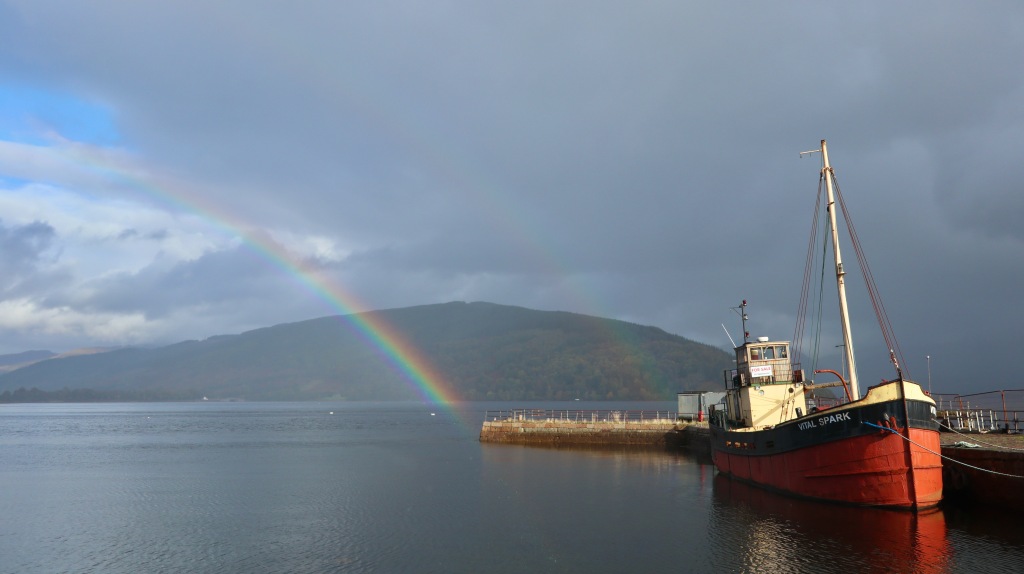
What else should I say about 2020? I was on BBC Countryfile in September, talking to Ellie Harrison about Dorothy Wordsworth, and swimming. My nephews, who live abroad and I haven’t seen now for two and a half years, said I looked like a swooping stingray under the water. In November I hosted filmed events for Kendal Mountain Literature Festival, and they went online, and got hundreds of viewers. I survived. That was the first plague year.
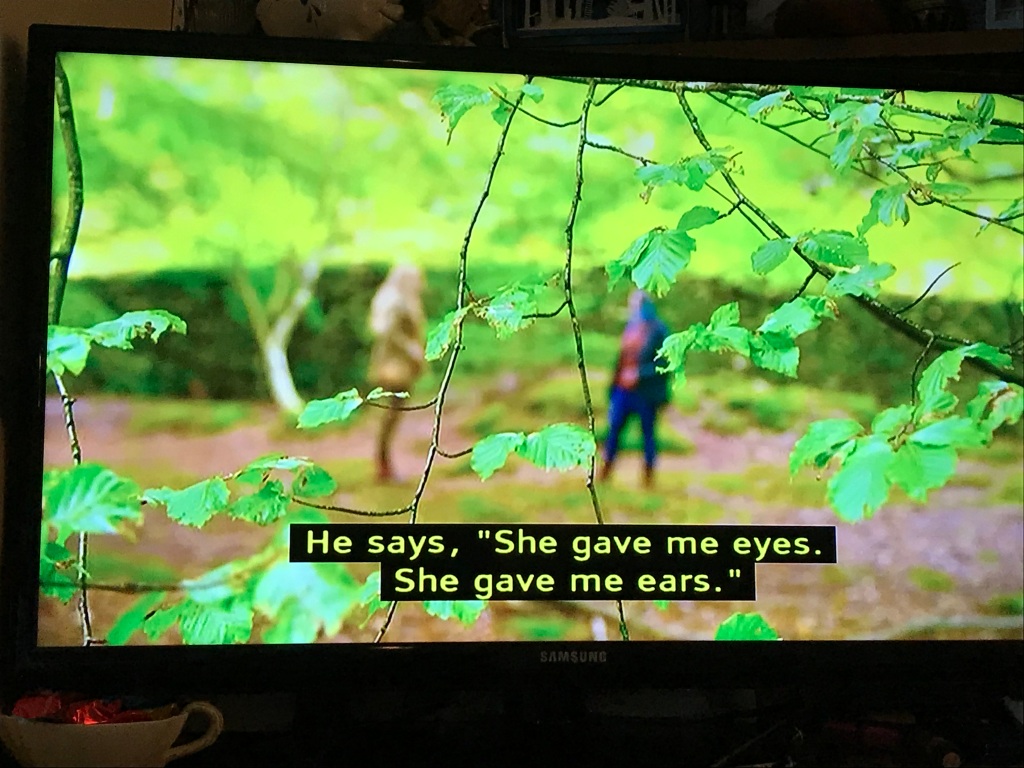
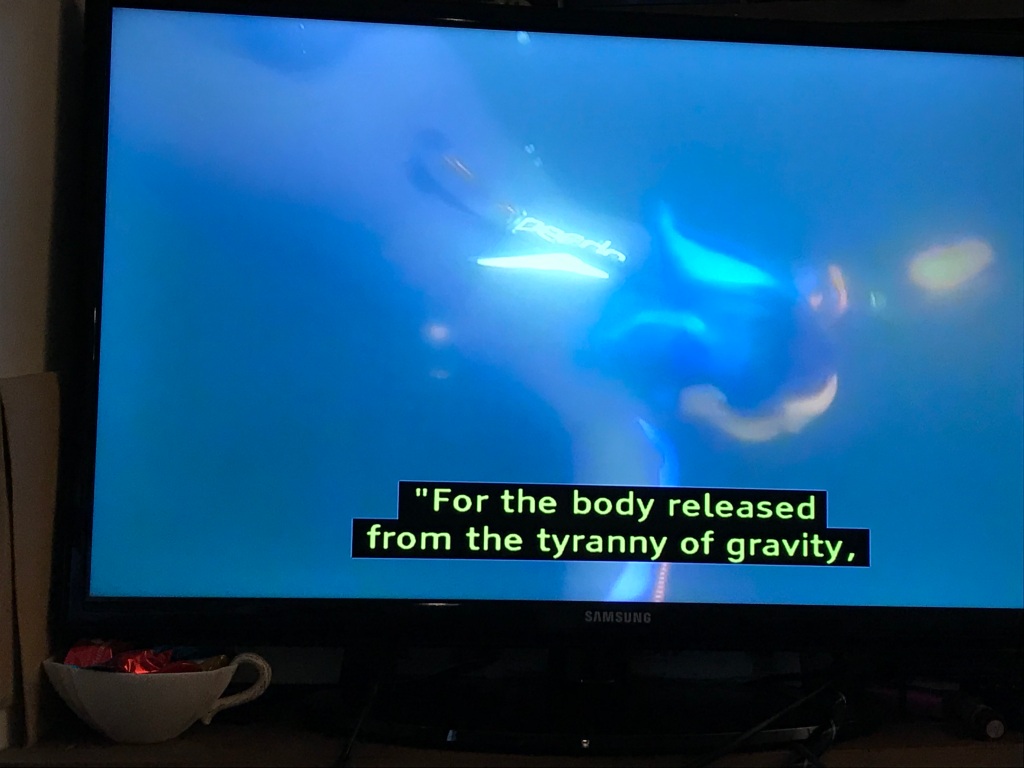
The biggest thing that has happened this year for me is that I published two books: two books within almost a month of each other. It happened this way through coincidence, not planning.
The first, out in October, is my second poetry collection, Much With Body. I knew this was coming, and the shape of the book, though it didn’t take its (almost) final form till January 2021.
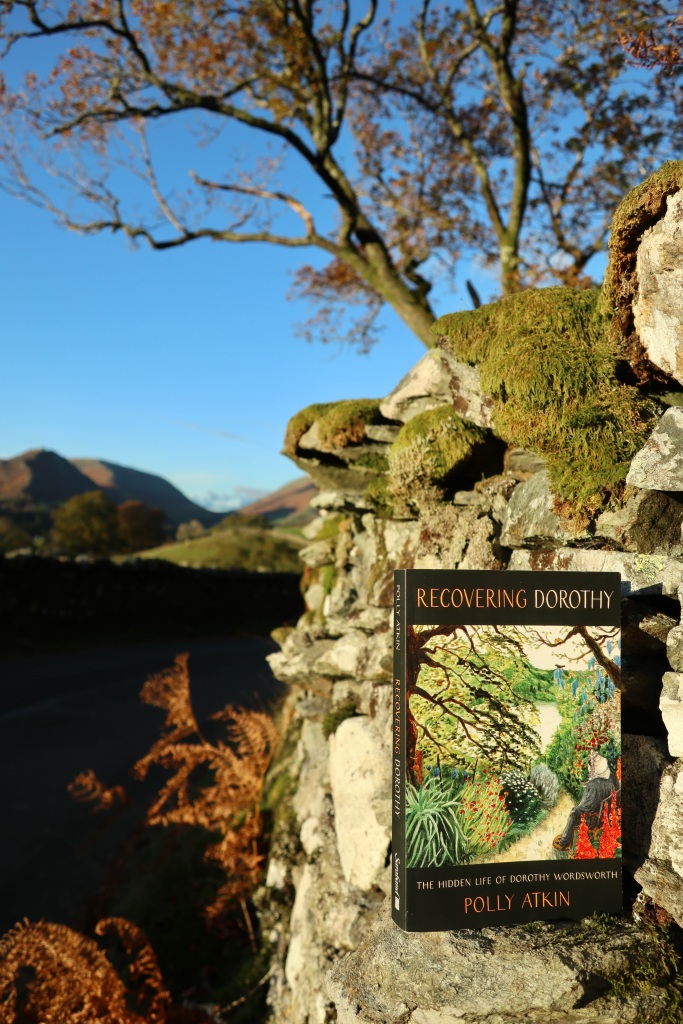
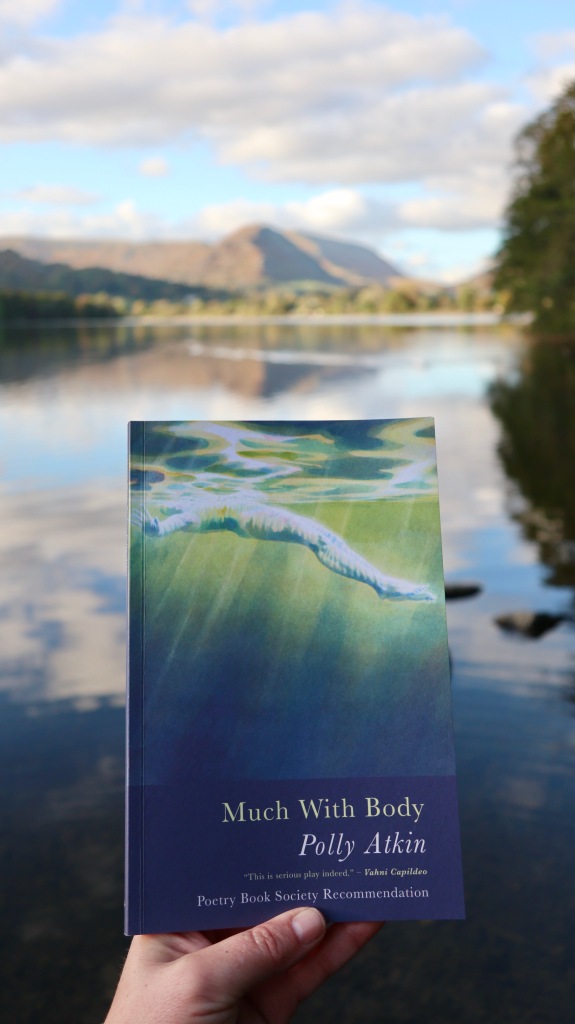
Meanwhile, in July 2020, I had signed a contract with Saraband to write a biography of Dorothy Wordsworth, to mark her 250th, with a new angle. Dorothy is well known for her journals kept from 1798-1803, and as a woman who walked and climbed. It is less well known that in her late fifties she became seriously ill, and after five years of acute health crises, was housebound for the last twenty years of her life. Her story is one of disability history, which like many such histories, has been hidden.
Recovering Dorothy is the first book to really look at her illness, and at those years of her life. It aims to recentre her in her own life story and recognise her as a disabled writer. There is a lot of pain in this book, but also beauty & joy. There is poetry. There are pet robins. There is aurora borealis at Christmas. There are ‘misty mizzling bird chaunting morning[s]’. I wanted to give Dorothy the same respect anyone deserves when they try to articulate their pain: to be listened to, and to be believed.
I wouldn’t recommend writing a book in less than a year, especially one with so much research behind it, especially when you are living with energy-limiting illnesses during a slow apocalypse. But I got there. It ate most of the year, and I’m still recovering from it, but we got there. I’m so grateful to Sara Hunt at Saraband for taking the book on, and following my vision for it, and bearing with me through the rush to get it together and out.
A lot of this year has also been taken up with applying for funding to commission new work and a series of online events to celebrate #DW250. We had our first event in December, a week before Dorothy’s Christmas-Day birthday. I can’t wait to see what comes of all the commissions.
As I wrote through Spring 2021 I realised I was writing in a strange kind of parallel to Dorothy in 1830, as she entered the first Spring after her serious illness. The irony of writing about a lost piece of disability history – about a woman who could not leave her house or garden – during a time I could rarely leave mine – was not lost on me, and I really want to write more about that peculiar experience.
Living through the 1830s with Dorothy showed me different ways to see beyond geographical limitation. When she cannot leave her room, she brings the garden into her room. Robins nest above her bed. When the sun comes out after rain it seems to her ‘unearthly & brilliant’, she sees ‘every leaf a golden lamp – every twig bedropped with a diamond’. Imagination, memory and poetry become ways to travel when she cannot. This is what Dorothy reminded me: to see the beauty in what was right in front of me, and to bring the world to me, if I can’t go to it.
Unfortunately, this became harder after so-called ‘freedom day’ in England, particularly as arts organisations rushed to return to in-person events as soon as it was allowed. All the paid online workshops and talks I had in 2020 began to trickle out. I love doing talks, workshops, panels – anything! – in any time zone! But I’m facing now my third year of lockdown with barely any work booked in for 2022. I’m trying not to panic too much about that.
There is a campaign started by novelist Penny Batchelor and her publisher Red Door to #KeepFestivalsHybrid. As they put it:
Online events enabled disabled authors who are unable to travel to promote their work on a level playing field with other writers. They also widened participation to include readers who couldn’t afford to pay travel costs on top of the ticket price or who may have been put off attending in person events by social anxiety or simply the thought that the literary world was not open to them.
Open Letter to Literature Festival Organisers
There are so many of us who have found work has dried up or disappeared this last six months, after an extraordinary opening up of the virtual world during the first months of the pandemic. Housebound writers who couldn’t access the arts at all were suddenly able to attend events and festivals and speak at them. I know there were great loses too, but this seemed like one wonderful thing we could all learn from. We were told we were being cynical and pessimistic if we dared say we worried remote access would disappear again as soon as abled people no longer thought they needed it, but this is precisely what has happened. I feel disproportionately grateful to those organisations who have given me remote access as a speaker or audience this year (particularly those who offered it without me having to beg first) and those who continue to prioritise access as we go forward.
Thanks also to all the readers and all the booksellers who have read and championed my books, and continue to put them into other readers’ hands. In any year it means a lot, but this year it means everything. Every one of you makes a difference. I’ve loved seeing pictures of my books out in the world when I can’t be there, having experiences I can’t have at the moment.
I can’t imagine what the year ahead will hold. I’m scared, of so many things. That isolation will be reduced or erased and my essential health appointments will be increasingly unsafe. That the well world will open up more and more and forget entirely about those of us who know we can’t afford to ignore the ongoing pandemic. That people will get angrier and angrier if you remind them of this.
I am grateful for the company of other disabled writers who make me feel less alone in all this, especially the ADCI group and the Experimental Writers group. I’m grateful for friends and family who keep in touch online, and for the technology that allows us to. I’m grateful for my partner and the cat who chose us, and our little garden, and our neighbours, and every small thing that makes every day bearable.
When I’m having a weeping day rather than a singing day, I’ll think of Dorothy and work on bringing the world into my room, and hope that the world still wants to come in. That’s all I can do. As for the rest, only time will tell.
